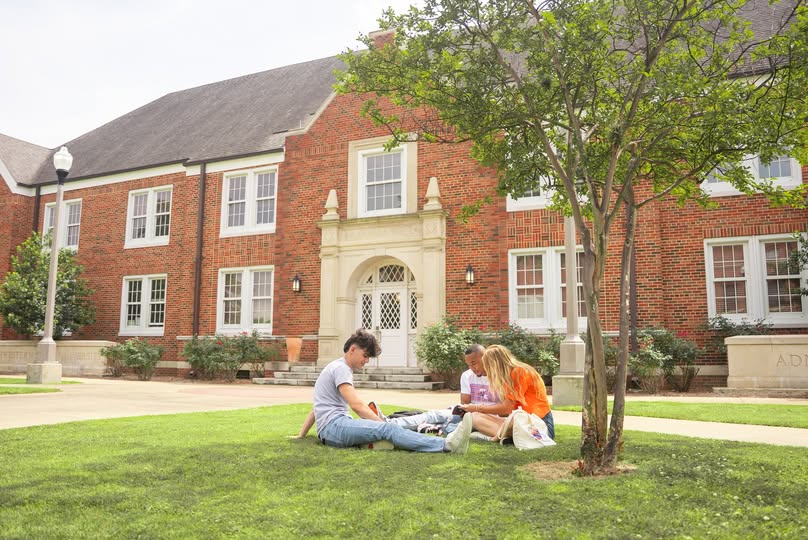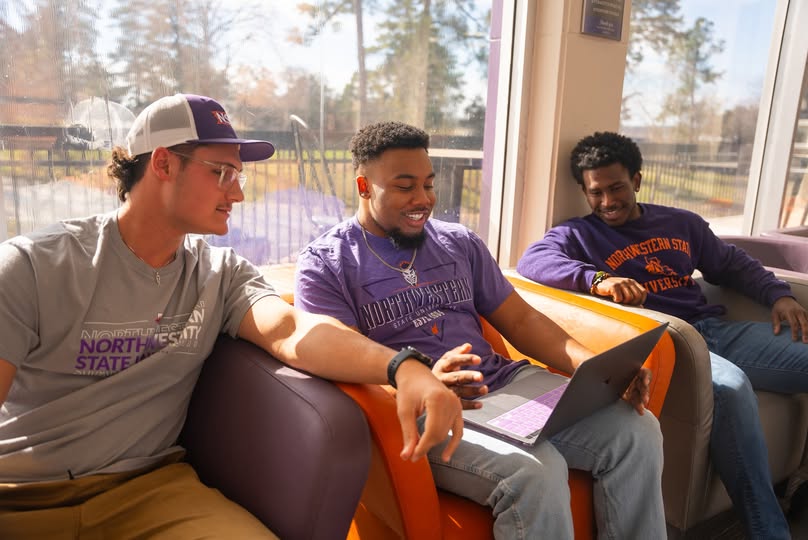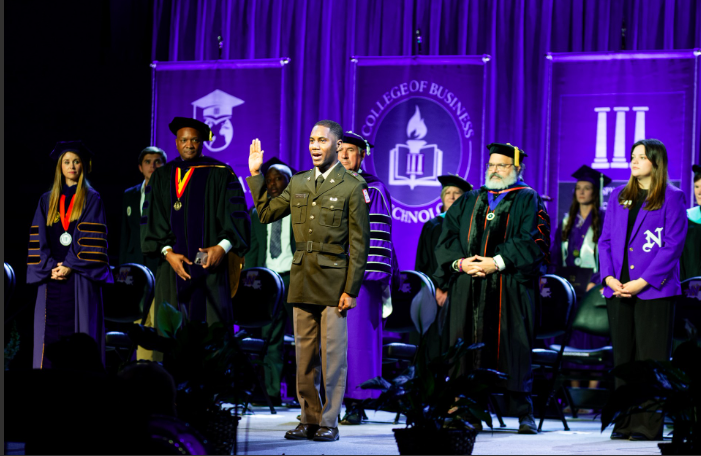Proudly Serving Those Who Serve: NSU’s Commitment to Military-Affiliated Students
Northwestern State University has a strong and lasting partnership with the military, providing educational opportunities that empower service members, veterans, and their families to grow both personally and professionally. Our collaboration with Barksdale Air Force Base helps military personnel, spouses, and dependents access quality higher education while balancing service and career goals.
For decades, NSU has been a trusted partner to the military community at Fort Polk and beyond. Our Leesville/Fort Polk campus serves Vernon, Beauregard, and Sabine parishes, offering vital resources and support for military-connected students.
Together, our faculty and staff bring over 100 years of experience serving military-connected students, many of whom are past service members themselves and understand the unique challenges that can emerge throughout a military career and beyond.
While our partnerships with Barksdale and Fort Polk are key, Northwestern State’s commitment extends far beyond these locations. We proudly serve all service members, veterans, and their families, regardless of where they live or serve. We are dedicated to bridging the gap between military service and civilian life through flexible learning options, strong support, and a campus culture that honors and invests in their future.
There is no out-of-state fee for online programs. Tuition is $192 per credit hour for active duty, reservist, retirees, and their dependents. NSU is also an AU-ABC, GEM, and MyCAA partner.
Meet the Team
Ty Whatley
Director
NSU at Barksdale Air Force Base Site
whatleyt@nsula.edu
318-677-3005
Michelle Stephens
Military Liaison
NSU at Leesville/Fort Polk Campus
stephensv@nsula.edu
318-423-4917
Marisa Kelly
Registrar’s Office/Veteran Affair Liaison
NSU Natchitoches Campus
kellyma@nsula.edu
318-357-6171





